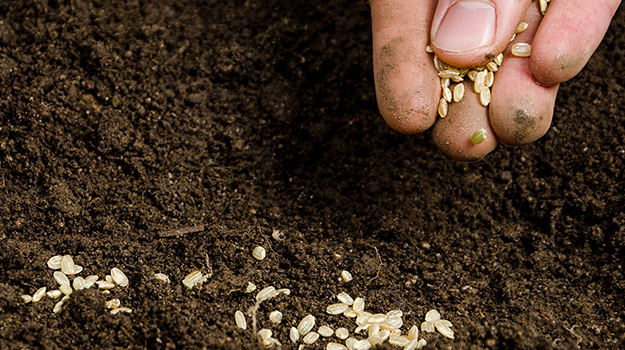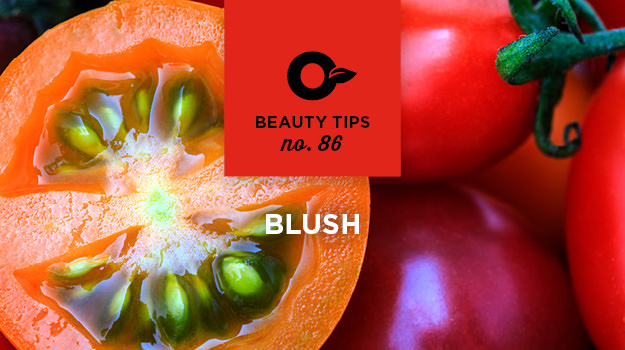
It’s been a long, hard winter and spring is popping out all over. Be careful though; April may feel like a little piece of heaven on earth, but we haven’t completely turned the final bend into the warm days of spring.
Here are a few garden tasks you can accomplish between April showers.
- Prune flowering shrubs like lilac, forsythia and viburnum immediately after blooming.
- Prune roses before bud break, if you haven’t already.
- Remove mulch gradually so the sun can heat the soil, but keep it nearby in case of a sudden freeze.
- Dig and divide hosta, as well as daylilies and other summer-blooming perennials.
- Continue to bring in branches to force. Try mock orange, spirea, magnolia, mountain laurel or beautybush.
- Depending on your climate, it may be time to plant potatoes, radishes, carrots and Swiss chard.
- Feed your lawn a high quality lawn fertilizer soon after new growth appears.
- Clip spent flower stems from tulips, daffodils and other spring-blooming bulbs, but leave the foliage in place until it dies down and turns yellow.
- Plant a few early bloomers like primroses, sweet peas, snapdragons and pansies.

- Dig in cover crops if you haven’t already. Don’t allow the plants to go to seed.
- Direct-sow frost hardy, cool weather veggies like broccoli, beets, arugula, carrots, cabbage, cauliflower, turnips, leeks, kale and onions.
- Test your soil if you haven’t had it tested for three to five years. Testing is especially important in areas that aren’t performing well.
- Check garden hoses and replace them if they’ve outlived their usefulness. Replace worn out washers and repair leaky connections.
- Apply pre-emergent crabgrass killer if the pesky weed is a problem in your lawn.
- Rake winter debris from lawns and flower beds.
- Get a head start on weeds in your flower beds by covering them with a thick layer of newspaper, then hide the paper with a layer of mulch. Newspaper will keep weeds in check for at least a year.
- Plant bare root roses.

- Start tomato seeds indoors about six weeks before the last average frost date in your area.
- Start checking your perennials for aphids. Blast the pests with a strong stream of water or treat them with insecticidal soap.
- Check yourself and your pets for ticks regularly. Use a permethrin-based repellent if the pests are a problem in your area.
- Empty standing water hiding in old tires and other forgotten water containers. Eliminate as many mosquito breeding areas as possible.
- April is a good time to apply a slow-release fertilizer to perennials bed.
- Pinch back houseplants if they’re looking tired and leggy.






